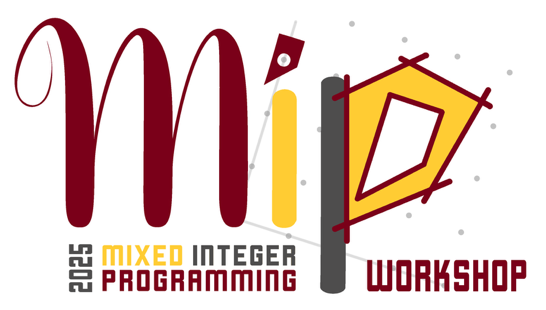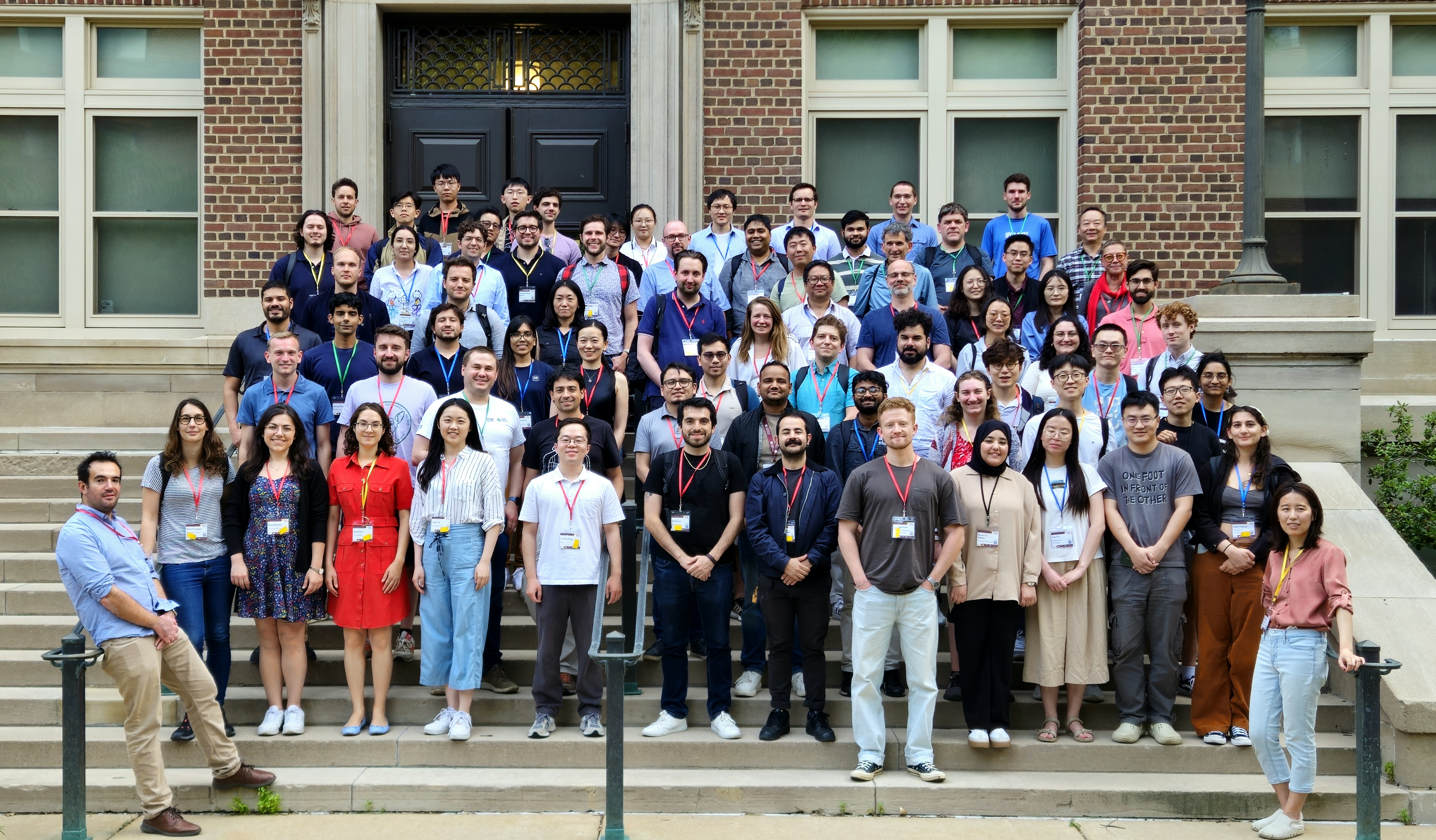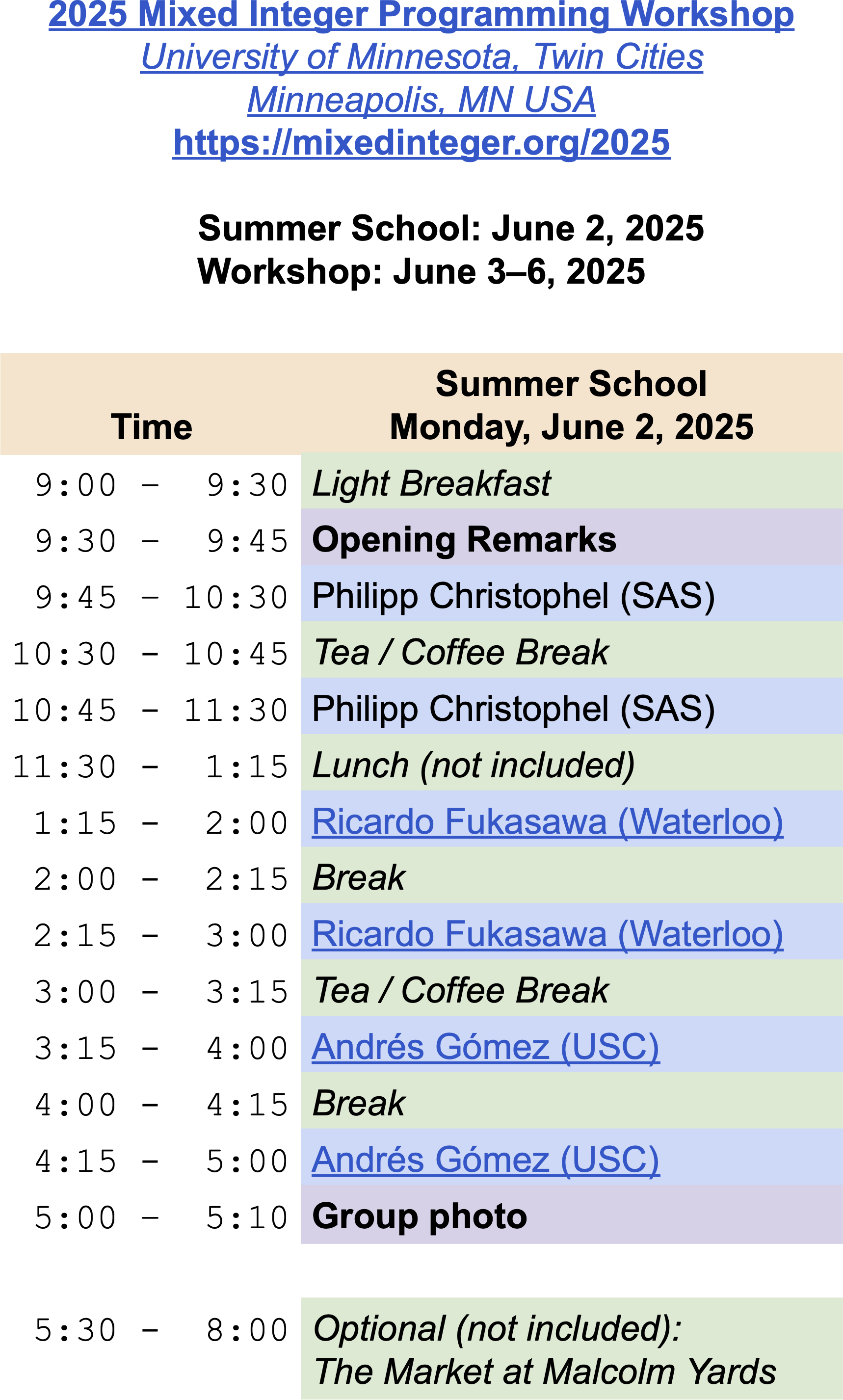Summer School Speakers
Speaker: Philipp Christophel (SAS Institute Inc.)
Title/Slides: Implementing Numerical Optimization Algorithms
(Click for slides)
Abstract: Implementing efficient and scalable numerical optimization algorithms, whether for a dissertation project, research or commercial use, poses some unique challenges. In this talk we point out some of these challenges and give suggestions on how to tackle them. The advice ranges from outlining processes and requirements for successful development of optimization algorithms to practical coding tips any PhD student, researcher or developer who works on the implementation of optimization algorithms should know.
Speaker: Ricardo Fukasawa (University of Waterloo)
Title: Column generation and IP (from textbook to practice)
Slides:
Part I,
Part II
Abstract: Column generation is an important tool in the solution of several integer programs, yet it is a topic that is not covered in much depth in most textbooks. In this talk I will go over some of the basics of column generation, going through some ideas that are now somewhat standard for people that have worked with column generation (though maybe not for people that just read an IP textbook or took an IP class), and reaching topics that have been appearing more recently trying to push the boundaries of what can be achieved with the technique.
Speaker: Andrés Gómez (University of Southern California)
Title/Slides: Methodologies and Algorithms for Structured Mixed-Integer Nonlinear Optimization
(Click for slides)
Abstract: Mixed-integer nonlinear optimization problems (MINLPs) are increasingly central to applications in machine learning, model predictive control, energy systems, finance, and beyond. Despite significant advances in MINLP theory and algorithms over the past two decades, deploying these methods to solve complex, real-world problems remains a formidable challenge. In this tutorial, we will survey recent methodologies, algorithms, and theoretical developments that have demonstrated practical success in solving structured MINLPs. We will also discuss open challenges, limitations of current approaches, and promising directions for future research.


